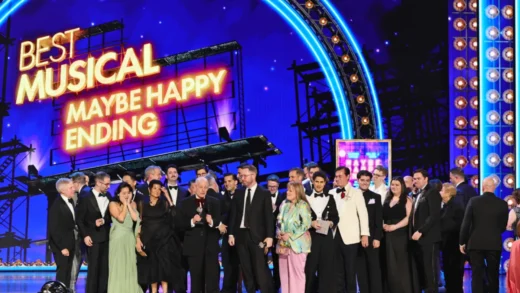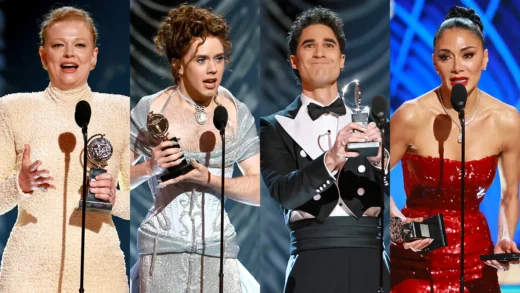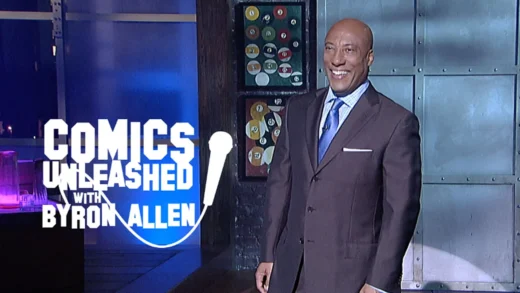Sci-Fi has significantly shifted focus in recent years. Where once there was a bigger focus on the grand escapism of things like Flash Gordon, most science fiction nowadays has a real sharp motive.
There’s always been philosophy at the core of sci-fi, but contemporary genre movies are paying even closer attention to our own lives than ever before.
Terrorism, climate change and social relations are the hot-button topics of most science fiction these days. If not, how’s about the slew of movies focusing on our paranoia around technological advances and how we risk being overtaken by the machines?
Either way, the 21st Century has been an amazing one for the science fiction genre…
10. A.I. Artificial Intelligence (2001)
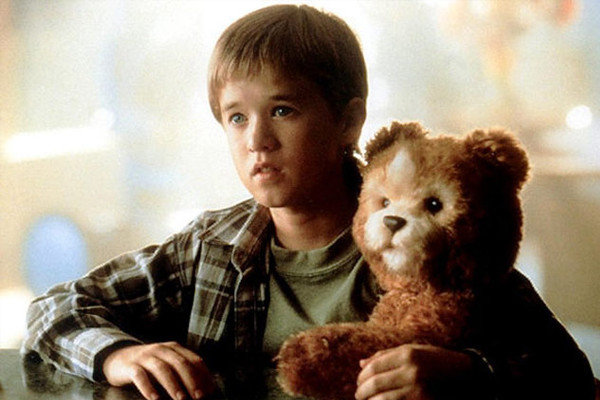
Global warming drastically erodes Earth’s population and wipes several coastal cities clean off the map. To combat this loss of human life, we get Mecha; humanoid robots who are capable of complex emotions like love. David is one such child.
A. I. thrives on human paranoia over the seemingly inevitable takeover of technology. David is created as a solution to a problem, but when he’s brought home to his new family all he does is inspire jealousy in his human brother. A. I. simply asks us to consider how we can continue to co-exist alongside technology that’s going to get more and more dynamic; how can David’s family abandon him, and why can’t the humans in the story co-exist with something that just wants to feel the same sense of community with them?
An amalgation of the work of two of Hollywood’s greatest directors (Steven Spielberg and Stanley Kubrick), A. I. is a film that deals with the optimism and the bleak nature of the future. It’s not always perfect, but there is a certain profundity to David’s arc as he grapples with being not-quite-human and what his place within our society is that would warm even the coldest of hearts.
[/nextpage][nextpage]
9. Interstellar (2014)
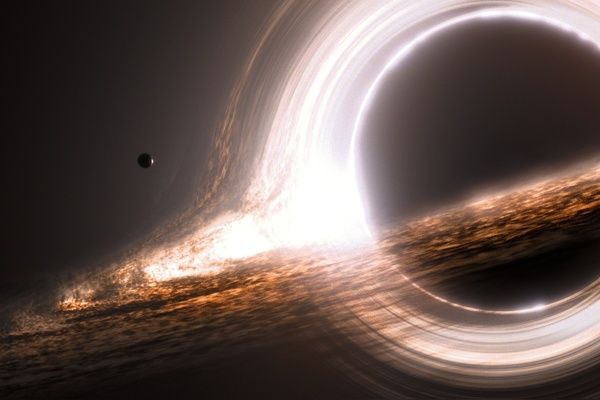
Interstellar deals with the complex issue of spacetime, and our own perception of how time passes and can be measured. If you don’t know what spacetime is, that’s okay: screenwriter Jonathan Nolan had to knuckle down and study the theory of relativity at the California Institute of Technology to research the accuracy of his screenplay.
Interstellar’s scientists are inspired to take off into the great expanse of space by an Earth that by the mid-21st Century has been ravaged by crop blights and dust storms. Naturally, space travel involves a lot of complex science, but the Nolan brothers were careful to not overload us with too much theory and remained committed to producing an entertaining film with wonderful performances by an all-star cast including Matthew McConnaughey and Michael Caine.
Given the collaborations with theoretical physicist Kip Thorne, Interstellar remained scientifically accurate where it could stay true to the fundamental laws of physics. By sticking to the many laws of gravity and the current thoughts on how black holes function (yes, that really is what is currently thought would happen to beams of light at the centre of a black hole), Interstellar shows how science fiction and cinema are a perfect match.
[/nextpage][nextpage]
8. Minority Report (2002)
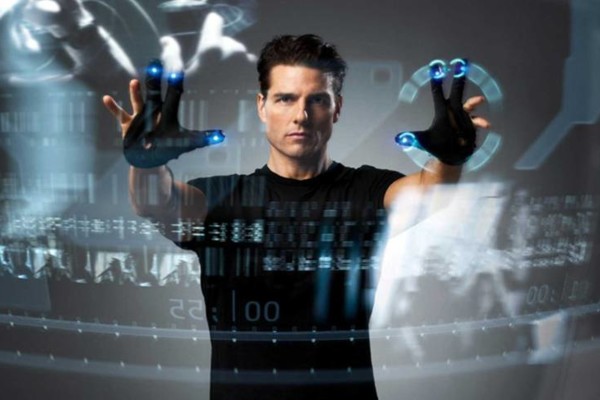
You might have forgotten about Steven Spielberg’s neo noir detective story, but it rewards a rewatch.
Minority Report centres on the desire for the murder rate of a futuristic Los Angeles to brought down to 0; this is helped by the abilities of three mutant officers called “Precogs” to predict murders before they happen, allowing police to go in and prevent the grisly act and imprison said would-be killers in virtual, happy realities.
What does this say about the responsibilities of the police? Or the abilities of those higher up to control our lives? These are issues that are grappled with everyday in a post-Snowden world, so it seems Minority Report really was able to predict some aspects of modern society.
Minority Report is also a Tom Cruise vehicle, so naturally we see Chief John Anderton thrown into pulse-pounding chase scenes once a precognition reveals Cruise’s character to be a future murderer. This is the titular ‘minority report’, an alternate, future prediction that may or may not come true. Minority Report tests whether we are ready to take control of our own futures.
Philosophical conundrums, exciting future tech and striking social commentary all come together to make Minority Report an excellent thriller.
[/nextpage][nextpage]
7. Wall-E (2008)
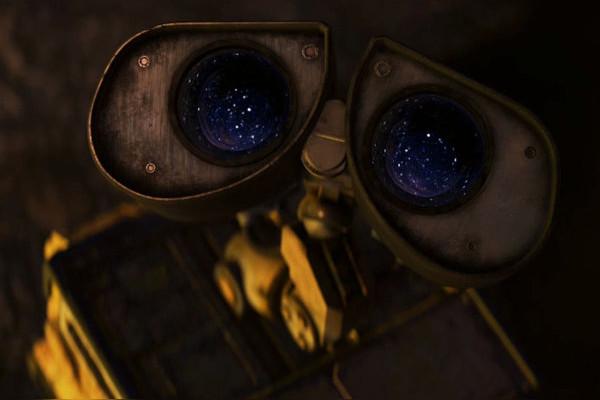
Placing us in the shoes (or tracks) of the titular trash-compacting robot, Wall-E sees the little guy yearn for some compassion as he has grown self-aware of his menial task cleaning up after our big mess after corporate greed and an over-reliance on technology left humanity completely incapable of looking after ourselves or the environment.
Pixar have made full use of the genre they set Wall-E within. They’ve constructed a complex society of robots that all cater to our now-passive future selves, and take our projected failings to the environment and economy to task, all the while weaving in a personal quest for contact and friendship along the way. The gorgeous depiction of space and the visual comedy only adds to the overall tone of wonder and intrigue.
Wall-E is both an example of interesting, intelligent science fiction, but also remains an excellent family friendly film touched by classic Pixar magic. This is still a wonderfully charming, tender story with a charismatic protagonist at its heart, even if that same protagonist possesses the same range of vocabulary as your average Pokémon.
[/nextpage][nextpage]
6. District 9 (2009)
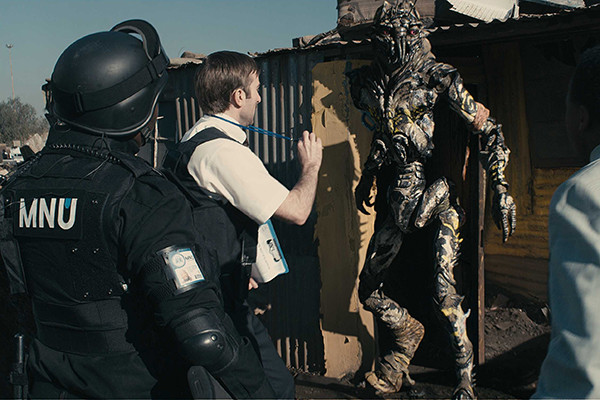
District 9 has all the hallmarks of more hum-drum science fiction on the surface: there’s extravagant alien technology, experimentation and military pressure abound. But District 9 is more than that, precisely because of how it bridges the distinct divide between alien and human by having our protagonist, peppy Wikus (Sharlto Copley) slowly transform into one of the very beings he is employed to oppress.
The encounter with the “other” has been one of the most common angles in sci-fi, as aliens provided a critical shorthand for those from other cultures. Here, the relationship between oppressive defense force MNU and the so-called “prawn” aliens who got stranded above Johannesburg is a thinly-veiled exploration of racial politics, re-interrogating ideas of apartheid. Whilst the depiction of Nigerian gangs hasn’t aged nearly as well, the prawns are framed sympathetically and given emotional warmth that brings the viewer firmly onto their side alongside Wikus.
District 9 helped launch the career of Sharlto Copley, brought us a punchy, found-footage style documentary that deals with the struggle of being human and our kindness to one another as well as critically starting a discussion around racial politics. It’s important to sci-fi’s continued development, and isn’t one to be missed.
(Excerpt) Read More at: WhatCulture.com
[/nextpage]

